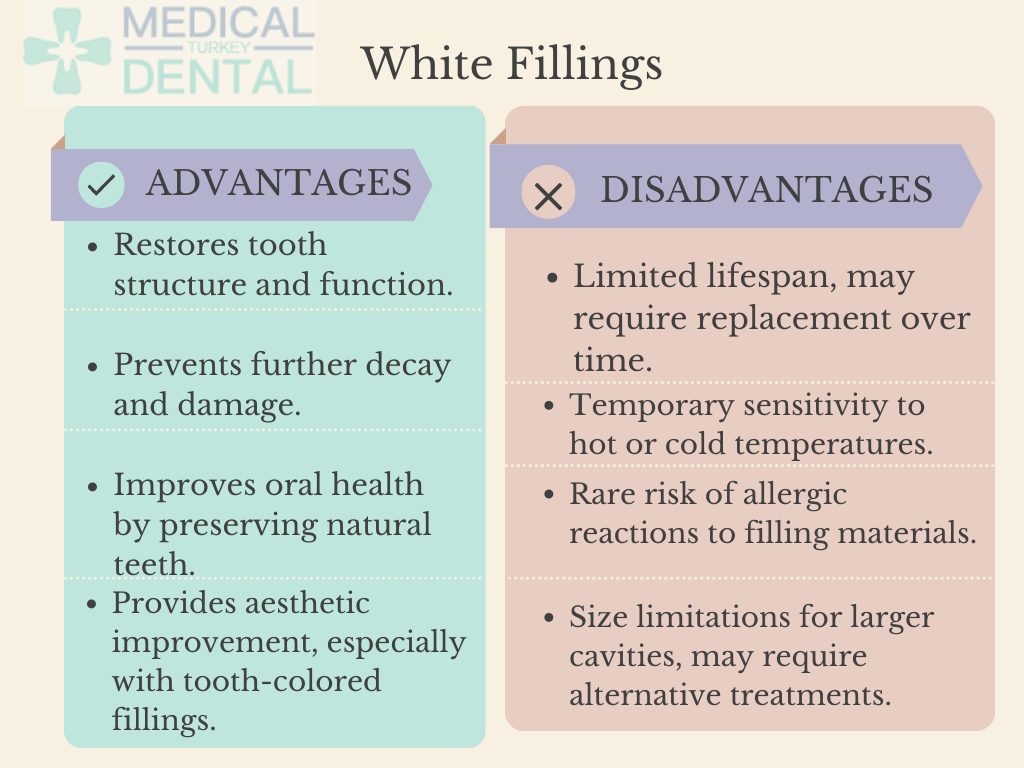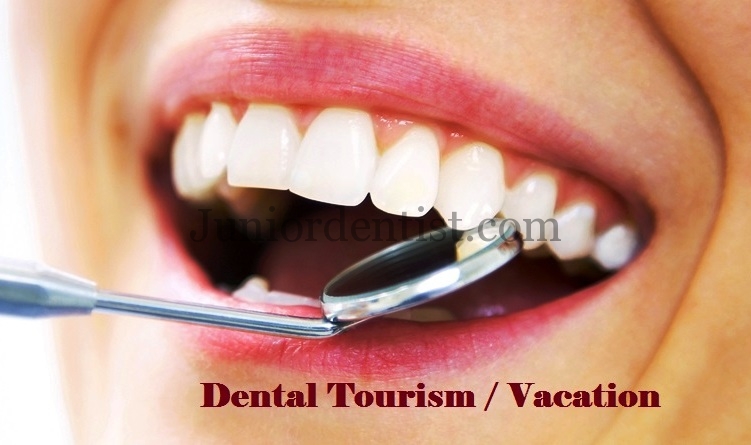In this article, we will explore the advantages and disadvantages of dental tourism. You will learn about the benefits of traveling abroad for dental treatments, such as cost savings and access to high-quality care. Additionally, we will discuss the potential drawbacks, including language barriers and limited follow-up care. By the end of this article, you will have a better understanding of whether dental tourism is a viable option for you.
Table of Contents
ToggleAdvantages of Dental Tourism
Dental tourism has become increasingly popular in recent years, as more and more people are seeking cost-effective and high-quality dental care outside of their home countries. This practice involves traveling to a different country to receive dental treatment, often at a fraction of the cost compared to their home country. While dental tourism offers numerous advantages, it is important to consider the potential disadvantages as well. In this article, we will explore the advantages and disadvantages of dental tourism, helping you make an informed decision about whether it is the right choice for you.
Cost Savings
One of the most significant advantages of dental tourism is the cost savings it offers. Dental treatments can be incredibly expensive in many countries, making it difficult for individuals without insurance or limited financial resources to undergo necessary procedures. By traveling to countries with lower treatment costs, you can often save a substantial amount of money. For example, countries in Eastern Europe, Southeast Asia, and Latin America are known for offering dental treatments at a significantly lower price compared to the United States or Western Europe.
Furthermore, dental implants, which are a popular treatment option for individuals with missing teeth, can be significantly more affordable in other countries. The cost of dental implants can be exorbitant in some places, but in countries such as Mexico, Costa Rica, or Thailand, you can often find reputable clinics that offer high-quality dental implants at a fraction of the price.
It is important to note that while the treatment costs may be lower, you need to consider additional expenses such as travel and accommodation. However, in many cases, even when factoring in these costs, the overall savings can still outweigh the expenses.
Access to High-Quality Dental Care
Another advantage of dental tourism is the ability to access high-quality dental care that may not be readily available in your home country. Many countries that are popular destinations for dental tourism have invested heavily in their dental infrastructure, ensuring that they offer state-of-the-art facilities and advanced technology and techniques. By leveraging these advancements, you can receive top-notch dental care that may not be affordable or easily accessible in your home country.
Moreover, the dentists in these countries are often experienced and highly qualified, having received training and education from reputable institutions. They are well-equipped to handle a wide range of dental treatments and can provide comprehensive care for various dental issues. This expertise, coupled with the availability of advanced treatments and techniques, ensures that you receive the best possible dental care.
Minimal Waiting Times
One of the most frustrating aspects of seeking dental treatment is the long waiting times that are often associated with it. In many countries, there is a significant backlog of patients waiting for dental appointments, resulting in delays and extended waiting periods. However, dental tourism can help you bypass these waiting times and receive prompt treatment.
When you travel abroad for dental treatment, you will often find that clinics have efficient workflows and reduced appointment backlogs. This means that you can get the treatment you need without having to wait for months on end. Additionally, many dental clinics cater to the needs of international patients and offer flexible scheduling options, allowing you to plan your treatment according to your convenience.
Opportunity to Combine Dental Treatment with Travel
One of the unique advantages of dental tourism is the opportunity to combine your dental treatment with travel, allowing you to explore new destinations and immerse yourself in different cultures. Many dental tourism hotspots are located in countries with rich cultural heritage and tourist attractions, making it an ideal option for those who enjoy traveling.
By choosing dental tourism, you can turn your dental treatment into a vacation-like experience. After your dental appointments, you can take the opportunity to explore the local sights, try regional cuisines, and experience the vibrant culture of the country you are visiting. This combination of dental treatment and travel allows you to make the most of your time abroad and create lasting memories.

Disadvantages of Dental Tourism
While dental tourism undoubtedly offers numerous advantages, it is essential to consider the potential disadvantages it may present. These include:
Language Barriers
One of the main challenges of seeking dental treatment abroad is the language barrier. In many cases, the local dentists and staff may not speak fluent English or your native language. This can make communication difficult, as it may be challenging to express your concerns or ask questions about your treatment. Misinterpretation of instructions or information can lead to misunderstandings and may impact the success of your treatment.
To overcome this challenge, it is essential to research and choose a dental clinic that has staff fluent in your language or offers translation services. This will ensure effective communication and minimize the risk of miscommunication.
Lack of Follow-Up Care
Another disadvantage of dental tourism is the limited options for follow-up care. Dental treatments often require multiple appointments and ongoing care to ensure long-term success. When receiving treatment abroad, it may be challenging to travel back to the same clinic for follow-up appointments.
In such cases, it is crucial to coordinate with local dentists in your home country for any necessary follow-up care. This coordination can ensure that you receive the required ongoing treatment and avoid any complications that may arise due to a lack of follow-up care.
Potential Health and Safety Risks
While many countries offer high-quality dental care, there is also the potential for health and safety risks when seeking treatment abroad. Dental standards and regulations may vary from country to country, and some destinations may have more relaxed enforcement of safety protocols.
It is essential to choose a reputable dental clinic that adheres to strict sterilization practices and maintains high standards of hygiene. Additionally, it is advisable to research the dental regulations and standards of the country you plan to visit to ensure that they meet your expectations.
Legal Recourse Challenges
In the unfortunate event that something goes wrong during your dental treatment abroad, you may encounter challenges in seeking legal recourse. Differences in legal systems and limited knowledge of local laws can make it difficult to navigate legal processes and seek compensation for any substandard treatment or negligence.
To mitigate this risk, it is important to thoroughly research the dental regulations and legal frameworks of the country you plan to visit. Additionally, consider purchasing travel insurance that includes coverage for medical emergencies and complications related to your dental treatment.

Conclusion
Dental tourism offers several advantages, including cost savings, access to high-quality dental care, minimal waiting times, and the opportunity to combine treatment with travel. However, it is important to consider the potential disadvantages, such as language barriers, lack of follow-up care, potential health and safety risks, and legal recourse challenges.
Ultimately, the decision to pursue dental tourism should be based on your personal factors, weighing the advantages and disadvantages, and consulting with professionals. By conducting thorough research and making an informed decision, you can ensure a successful and enjoyable dental tourism experience. Remember, the cost savings and access to high-quality care should never compromise your overall oral health and well-being.



